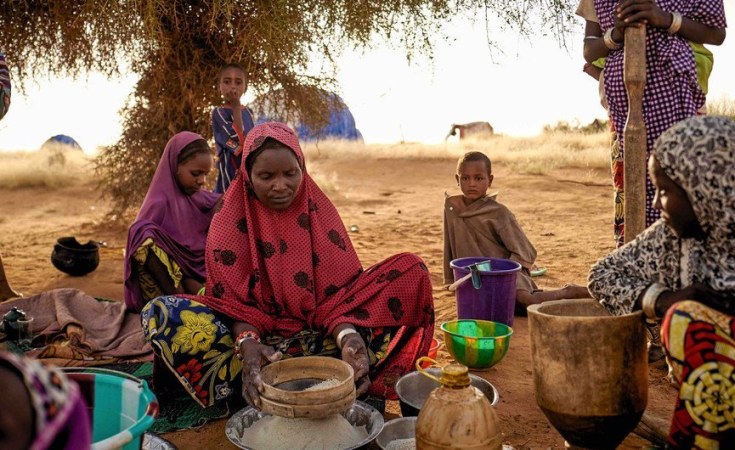Africa's Sahel has become a hotbed of violence following the failure of a joint force to fight terrorist groups - with instability now at risk of spreading to West Africa, a UN official has warned.
UN Assistant Secretary-General for Africa, Martha Pobee, told a Security Council meeting that "resolute advances" to fight groups linked to IS, al-Qaida and others, as well as organised crime, "desperately" needed to happen.
An anti-terrorism force set up in 2014 that now includes Burkina Faso, Chad, Mauritania and Niger, lost Mali a year ago when the country's ruling junta decided to pull out.
New realities
Pobee said the joint force had not carried out any major military operations since January, and was instead adjusting to new realities.
France was sending its forces to Niger instead of Mali because of the conflict with the junta and Mali's decision to allow Wagner's Russian mercenaries to enter its territory.
Burkina Faso and Niger have recently strengthened military cooperation with Mali to counter an upsurge in extremist attacks, but "insecurity in the tri-border area continues to grow," Pobee added.
She warned that a lack of consensus among international partners had left the joint force without the necessary funding and support to become fully operational and autonomous so it could have "the capacity to help stabilise the Sahel region".
The continued failure of strong international support and regional cooperation would see the instability spread, Pobee said.
Meanwhile G5 Sahel executive secretary Eric Tiaré said experts had finalised a strategy for new military operations, which will be submitted to its defence council and then to the African Union for endorsement.
"Given that the Sahel is at a crossroads, as it is seeing many threats to international peace and security, it's absolutely vital that we provide support to the force," Tiaré said.
(with AP)


